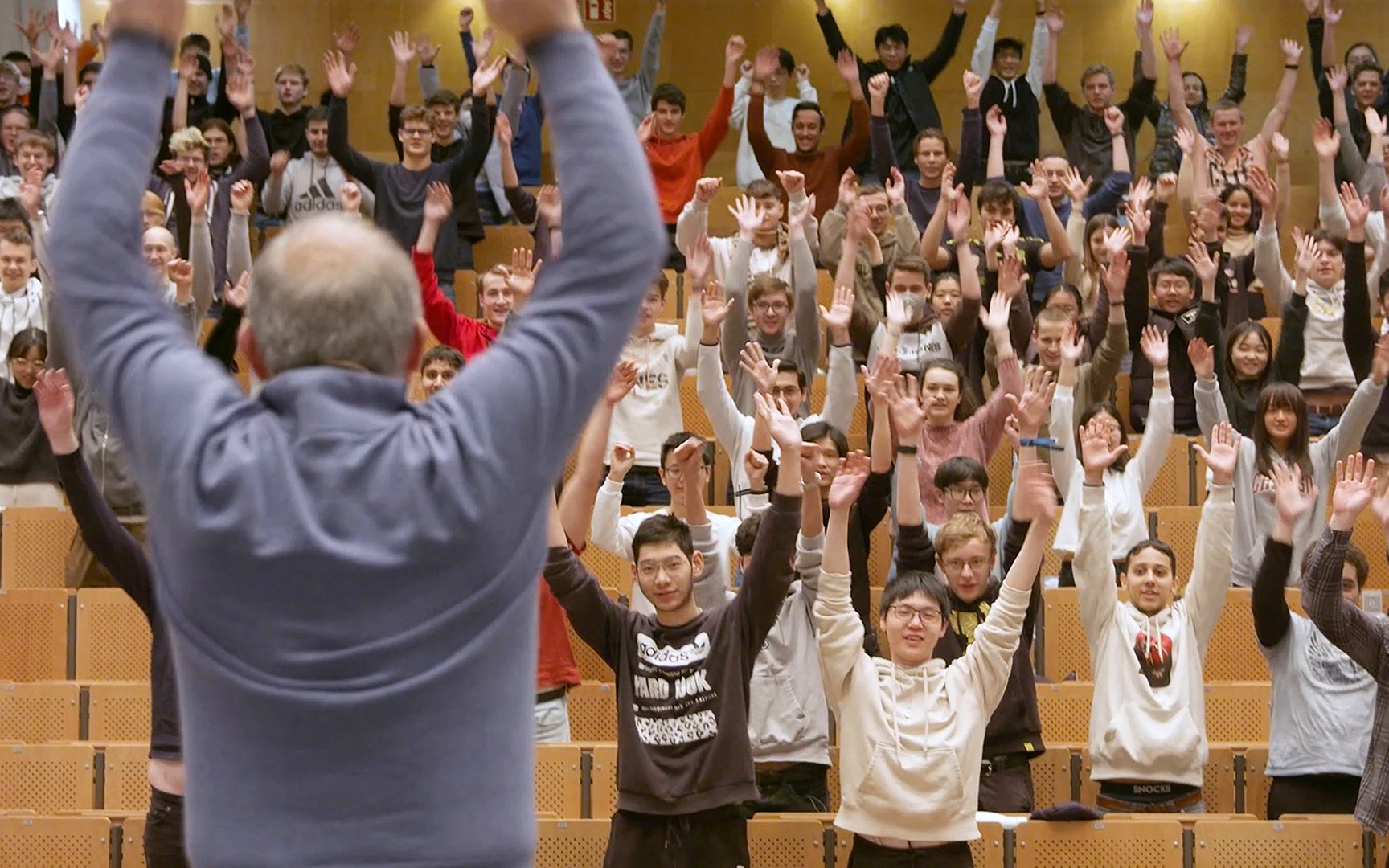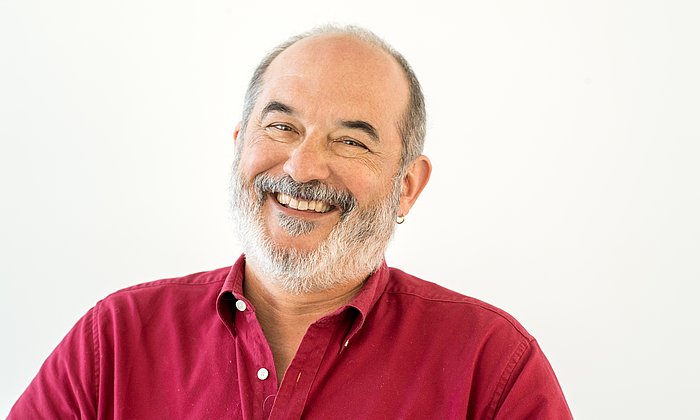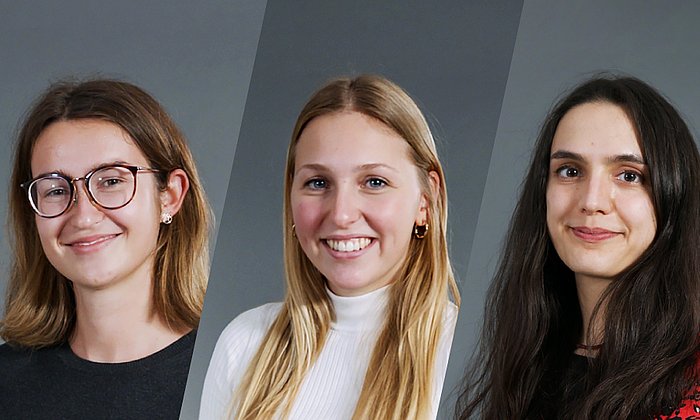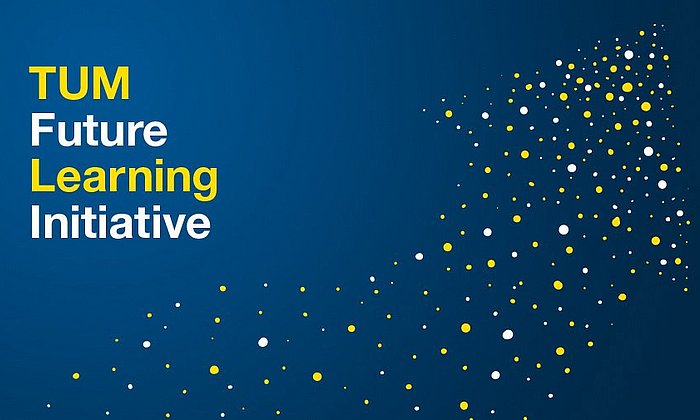A proposal from the TUM Future Learning Initiative inspired systematic breaks during course time
Just take a break

When the exam period approaches and the learning material seems overwhelming, many students hardly allow themselves any breaks. Ironically, precisely when there's so much to learn is when breaks are particularly important, and that doesn't just apply to preparing for exams. Recovery periods are also important in daily courses – because the brain needs them to transfer what it has learned from working memory to long-term memory.
Cleaning up your mental desk
“Our working memory is like our mental desk,” explains Dr. Alexandra Strasser. “When it's full, it's full, and then it gets cluttered. That's why it's important to keep cleaning up your desk.” The best way to do that is to take a short break from work, allowing your thoughts to wander and new connections and associations to emerge. Such breaks can be quite different: In biological breaks, students can eat something or get some fresh air; in social breaks, they can exchange ideas with their fellow students; or in active breaks, they can refresh their minds and bodies with short bursts of exercise.
For Klaus Diepold, professor at the TUM School of Computation, Information and Technology, such active breaks have long been an integral part of his lectures. Ever since he attended a ProLehre workshop on activating teaching methods about twenty years ago, he has integrated short periods of physical activity into his classes – regardless of whether there are 20 or 800 students, and they are enthusiastic: “You are instantly more motivated,” reports Omar, who is studying Electrical Engineering and Information Technology.
Dr. Alexandra Strasser and Denis Sedlmeier want to make such ideas and offers accessible to all teachers at TUM. Together with Dr. Sofia Vio, they have set up a wiki to collect information and material on various forms of breaks that teachers can integrate into their courses.
Inspired by the TUM Future Learning Initiative
It was “Breakmore” that provided the impetus for this project. The objective of this student project, that was created within the TUM: Junge Akademie, is to improve students' ability to pay attention and, in turn, their learning success in courses through a structured break program at TUM. Their idea won them an award at our first TUM Future Learning Initiative in 2020.
This competition, which will be taking place this year for the second time, is opent to all students at TUM. They are invited to develop and present their ideas for the further enhancement of study and teaching at TUM. The submission period for this year's competition is set to start beginning in March 2023. Thanks to student proposals, TUM is able to implement novel solutions that can, for example, help make our university more sustainable, creatively use the potential of digitalization in teaching – or to simply take a break from time to time.
Technical University of Munich
- Konstantin Götschel
- goetschel@zv.tum.de


